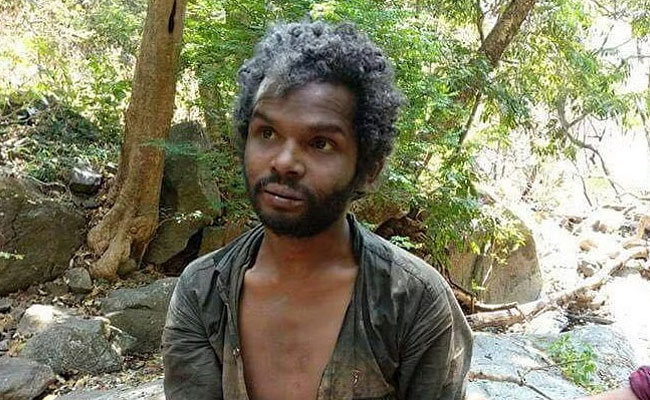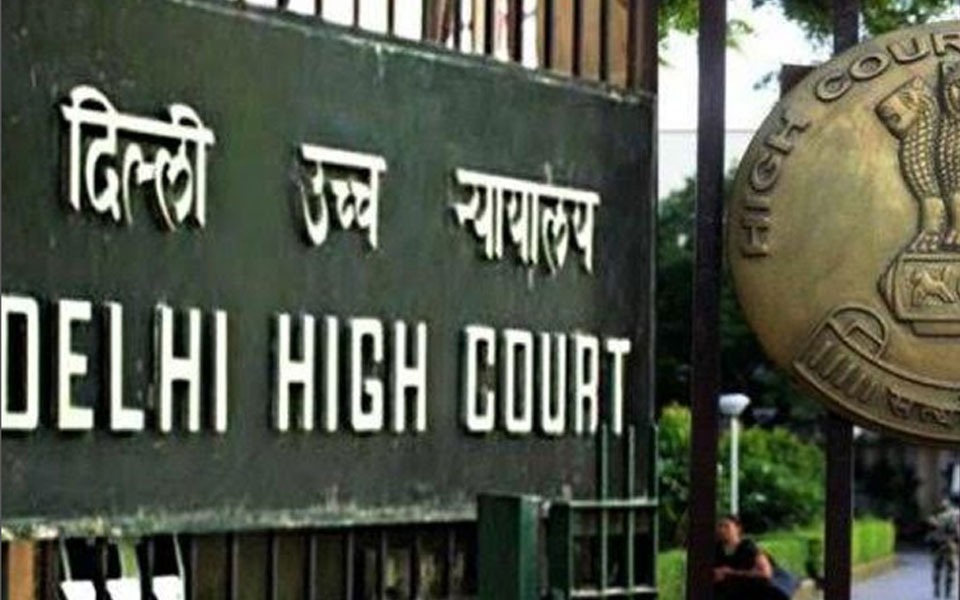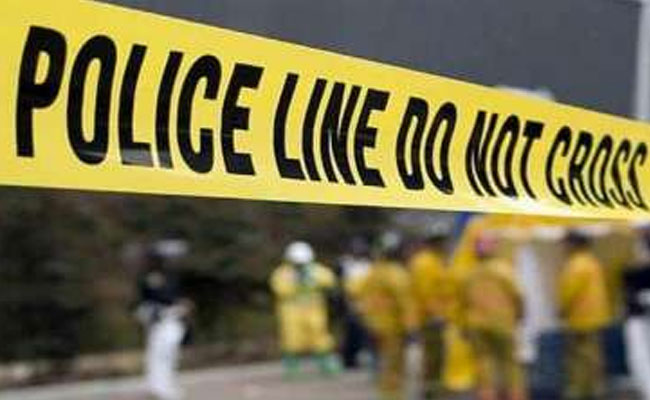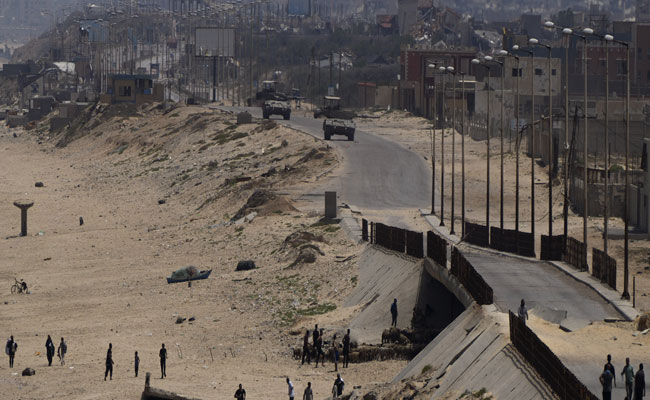Palakkad (Kerala) (PTI): A special court in Kerala on Tuesday convicted 13 people for beating to death a tribal man in Palakkad district of the state for allegedly stealing food articles in 2018.
The court sentenced them for the offence of culpable homicide not amounting to murder under Section 304 Part II of the Indian Penal Code (IPC) which carries a maximum punishment of 10 years jail term, Special Public Prosecutor (SPP) Rajesh M Menon told reporters.
The SPP said the court was of the view that the accused did not have the intention to kill the tribal man.
Madhu, a tribal man from Attappady, was beaten to death after he was caught, tied and thrashed by a group of local people alleging theft on February 22, 2018.
More than five years after the incident, a special court for trial of offences under the SC/ST Act held 13 of the 16 accused in the case guilty for the crimes under Section 304 II of IPC and various other provisions of the IPC and SC/ST Act, the SPP said.
The 14th convict was only held guilty for the offence of assault or criminal force otherwise than on grave provocation under Section 352 IPC which carries a punishment which may extend to three months or a fine which may extend to Rs 500 or both.
Special court judge K M Ratheesh Kumar, however, acquitted the remaining two accused in the case, the SPP said.
The special court had reserved its judgement in the case on March 30.
Prior to pronouncement of the verdict, the victim's mother and sister said they expected that Madhu will get justice. "We expect a good verdict," the victim's mother said.
His sister said: "I believe my brother will get justice. We expect it to be a good verdict."
The trial in the matter saw witnesses turning hostile, allegations of threats to the victim's family to settle or withdraw the case and a change in the Special Public Prosecutor (SPP) in June last year.
Advocate Menon, who was the additional public prosecutor in the case, took charge as SPP in June last year after the victim's family sought a change in prosecutor.
According to the post-mortem report in the case, Madhu had injuries on the head and bruises all over the body, including broken ribs, as well as internal bleeding, police had said.
Madhu, who was said to be mentally unsound, was living in a cave in the forest for the past several months, his family had said.
His mother and sister had told television channels back in 2018 that a group of nearly 10-15 persons had gone to the forest and thrashed him for allegedly stealing food articles from some shops in the forest-fringe Agali town in Palakkad district.
Let the Truth be known. If you read VB and like VB, please be a VB Supporter and Help us deliver the Truth to one and all.
New Delhi (PTI): The Delhi High Court has directed the city authorities to pay Rs 30 lakh compensation each to the families of three sanitation workers who died during manual scavenging in 2017.
The HC allowed the petition by the family members seeking higher ex gratia in accordance with a Supreme Court order in 2023 which increased the compensation payable to the dependents of the victims who lost their lives in manual scavenging to Rs 30 lakh from the existing Rs 10 lakh.
The family members said in the petition that the three sanitation workers died in August 2017 while cleaning a drain in Lajpat Nagar. The plea said the deceased were engaged by a Delhi Jal Board sub-contractor.
The petitioners said that after they died, a compensation of Rs 10 lakh was awarded to the family members. However, they prayed that the amount be increased to Rs 30 lakh.
"It can be seen that the directions issued by the Supreme Court were expressly made applicable to all the statutory bodies including corporations, railways, cantonments as well as the agencies under its control.
"Moreover, the Union and State governments were directed to ensure that the rehabilitation measures were taken with respect to sewage workers, including the family of those who have lost their lives. Specifically, it was directed that the compensation of Rs 10 lakh that was given to the family members of the deceased workers be enhanced to Rs 30 lakh," Justice Sachin Datta said.
The high court said necessarily, the ameliorative directions, strictures and the embargo imposed by the Supreme Court are applicable to the Delhi Jal Board (DJB) as also to any agency that may be engaged by the board within any part of Delhi in connection with the work relating to the collection of sewage or carrying out connected works.
"Any disregard or violation thereto would invite strict consequences" as envisaged in the apex court verdict, it said.
Considering the reasoning given by the apex court, it would be a travesty if the entitlement of the family members of the deceased scavenging workers is confined to Rs 10 lakh, the high court said.
"The same would defeat the directions of the Supreme Court to enhance the compensation to Rs 30 lakh on the basis that the previously fixed compensation of Rs 10 lakh was fixed as far back as in the year 1993 and could not be considered to be an adequate compensation," it said, adding that the family members of the deceased sanitation workers are entitled to a compensation of Rs 30 lakh.
The high court said the remaining amount be paid to the family members within eight weeks.
Observing that manual scavengers have lived in bondage, systematically trapped in inhuman conditions for a long time, the Supreme Court had in October last year asked the Centre and state governments to completely eradicate manual scavenging across the country.
Passing a slew of directions for the benefit of people involved in manual scavenging, it had asked the central and state governments to pay Rs 30 lakh as compensation to the next of kin of those who die while cleaning sewers.
"The court hereby directs the Union and the States to ensure that the compensation for sewer deaths is increased (given that the previous amount fixed, that is, Rs 10 lakh) was made applicable from 1993. The current equivalent of that amount is Rs 30 lakh. This shall be the amount to be paid, by the concerned agency, that is, the Union, the Union Territory or the State as the case may be. In other words, compensation for sewer deaths shall be Rs 30 lakh," the Supreme Court had ordered.
It had also said that the authorities needed to take measures for the rehabilitation of the victims and their families.





